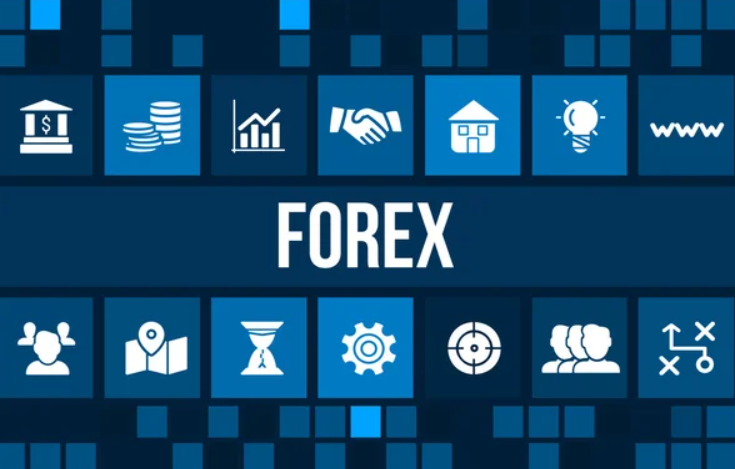Let’s be honest. Picking a forex broker isn’t exciting. It’s not the part most people want to spend time on. You just want to start trading, open the charts, and go.
But this is the part that can save you a ton of headaches down the road. Or cost you everything if you choose wrong.
In India, where regulations around retail forex are still tricky, it becomes even more important. You want a forex trading broker that’s not only reliable and transparent but one that actually works for Indian traders, not against them.
So if you’re starting out or switching platforms, here’s what you should really be looking at.
1. Regulation Is Still the First Filter
If a broker isn’t regulated, don’t waste your time.
Seriously. No matter how sleek the platform is. No matter how tempting the bonus sounds. If there’s no real license behind it, you’re gambling with your money before you’ve even placed a trade.
Now, because of RBI restrictions, most Indian traders use offshore brokers. That’s fine, as long as they’re registered with a legit authority. Look for ASIC (Australia), CySEC (Europe), or even FSCA (South Africa). These regulators don’t mess around.
Avoid “registered in Saint Something Islands” with no oversight. You won’t have any backup if things go wrong.
2. Don’t Get Fooled by the “From 0.0 Pips” Game
Spreads always look great on landing pages. But that “0.0 pip” claim usually only applies to one currency pair, for five minutes a day, during low volatility. And only if you pay extra commissions on top.
Instead, open a demo or small live account and test spreads on pairs you actually plan to trade. EUR/USD, GBP/INR, USD/JPY. See what the broker really charges.
Also check if spreads spike during news events. Some brokers widen spreads massively when the market moves, even on ECN accounts. That can wreck your strategy.
3. Fast, Local Payments or Nothing
You don’t want to wait four business days to get your money out. And you definitely don’t want to deal with random third-party services just to fund your account.
Choose a broker that supports local Indian payment methods:
- UPI
- NetBanking
- INR deposits and withdrawals
- Fast local processing (ideally same-day)
This isn’t just about convenience. It’s about trust. If a broker makes it hard to access your money, that’s a red flag.
4. Execution Speed Isn’t Optional
Slippage can kill your edge. A broker that can’t fill your trades fast, especially during busy times, is costing you money whether you notice it or not.
Test how their platform handles fast markets. Try entering trades during high-volatility moments and see what happens. Do you get re-quotes? Does the chart freeze? Are your orders filled at weird prices?
If yes, move on. A solid broker should run smoothly under pressure.
5. Local Support Isn’t Just “Nice to Have”
Let’s say your withdrawal is stuck. Or your leverage gets reset. Or your account gets flagged for some verification check.
You don’t want to email some overseas team and wait 48 hours for a templated reply.
Find a broker with responsive, local-time-zone support. Live chat. WhatsApp. Someone who answers when it’s 9 PM in India and your trade is stuck. That stuff matters more than you think. Especially when you need it.
6. Account Types That Make Sense for You
If you’re new, you probably don’t need raw spread plus commission combos. Start simple. Look for:
- Low minimum deposits
- Micro or standard accounts
- Option to go swap-free if needed
- Flexibility to scale up later
And make sure you’re not locked into one format. A good broker lets you upgrade, change models, and move funds easily. No hoops.
7. Education and Bonuses: Nice, but Not the Main Thing
It’s easy to get distracted by bonuses. Especially when the broker is waving $100 in your face for free.
Bonuses can be useful. But read the fine print. Some require crazy trading volumes before you can touch any profit. Others expire in a few days.
Same goes for education. If the broker offers webinars, strategy guides, or exchange breakdowns, great. Just don’t let it distract you from the basics. Focus on pricing, execution, and support.
8. Real Traders Are More Reliable Than Online Reviews
You’ll find glowing reviews for almost every broker out there. Some are real. Many aren’t.
Don’t base your decision on stars or Trustpilot ratings alone. Join Telegram or Discord groups where Indian traders hang out. Ask them what brokers they actually use. What’s their withdrawal experience like? What happens when something breaks?
Nothing beats honest feedback from people trading under the same conditions as you.
Choose Peace of Mind, Not Just a Platform
You don’t need a broker with fireworks and fancy dashboards. You need one that gets the basics right. One that keeps your money safe, your orders clean, and your questions answered. No drama.
That’s it.
A good forex broker doesn’t just give you a platform to trade on. They give you peace of mind so you can focus on what actually matters: building your strategy and managing your risk.
Start small. Test everything. And don’t be afraid to walk away if something feels off. There are plenty of brokers out there. Only a few are truly worth your trust.


